What are regulations on dealing with breakdown during e-tax transactions in Vietnam?
What are regulations on dealing with breakdown during e-tax transactions?
Based on Article 9 of Circular 19/2021/TT-BTC regarding the handling of breakdown during e-tax transactions as follows:
Dealing with breakdown during e-tax transactions
1. In the case where e-transactions cannot be conducted due to the taxpayer's technical infrastructure system errors, the taxpayer must rectify the issue themselves.
If it is the deadline for tax filing and payment, and the taxpayer's technical infrastructure system has not been fixed, the taxpayer shall transact with the tax authority by submitting paper documents directly at the tax office or via postal service, and pay taxes directly at the bank or State Treasury as regulated by Decree No. 11/2020/ND-CP and its guiding documents.
2. In the case where e-transactions cannot be conducted due to the bank's technical infrastructure system error, or the intermediary payment service provider's system error, the bank or the intermediary payment service provider is responsible for notifying the taxpayer and coordinating with the General Department of Taxation to receive prompt support and swiftly resolve the issue; the taxpayer has the right to make payments through another bank/intermediary payment service provider or by paying taxes directly at the bank/State Treasury as regulated by Decree No. 11/2020/ND-CP and its guiding documents.
…
Accordingly, if there is an issue with e-tax payment due to bank system errors, the bank is responsible for notifying the taxpayer and working with the General Department of Taxation to receive prompt support and implement the fastest solution to resolve the issue.
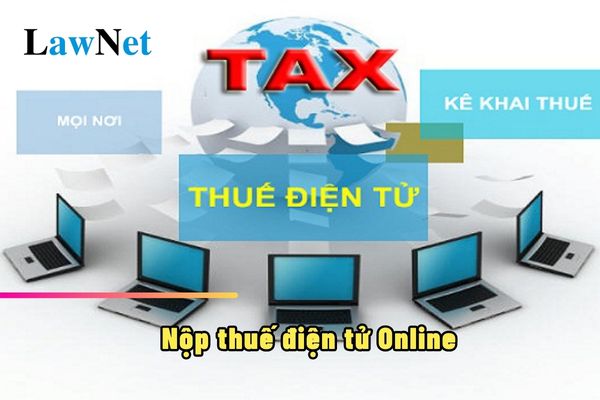
What are regulations on dealing with breakdown during e-tax transactions in Vietnam? (Image from the Internet)
Can e-tax payment be made using payment services of banks in Vietnam?
Based on Article 4 of Circular 19/2021/TT-BTC on the principles of e-tax transactions as follows:
Principles of e-tax transactions
1. Taxpayers conducting e-tax transactions must have Internet access and usage capability, an email address, a digital signature as regulated in Article 7 of this Circular, or a mobile phone number issued by a telecommunications company in Vietnam (for individuals not yet issued a digital certificate) which is registered for transactions with the tax authority, except where the taxpayer chooses the e-tax payment method as regulated at point đ clause 2 of this Article according to the bank or intermediary payment service provider's regulations.
2. Taxpayers may choose one of the following methods to conduct e-tax transactions through:
a) The e-portal of the General Department of Taxation.
b) The national public service portal, or the e-portal of the Ministry of Finance which is connected with the e-portal of the General Department of Taxation.
c) The e-portal of another competent state authority (except point b of this clause) which is connected with the e-portal of the General Department of Taxation.
d) T-VAN service providers accepted by the General Department of Taxation to connect with the e-portal of the General Department of Taxation.
dd) e-payment services from banks or intermediary payment service providers to implement e-tax payments.
Thus, e-tax payment can entirely utilize payment services of banks or intermediary payment service providers to conduct e-tax payments.
How to determine the tax payment date in Vietnam?
According to Article 58 of the Law on Tax Administration 2019, the tax payment date is determined as follows:
Determine the tax payment date
1. In the case of non-cash tax payments, the tax payment date is the date the State Treasury, commercial banks, other credit institutions, or service organizations deduct money from the taxpayer’s or payer's account and is recorded on the tax payment receipt.
2. In the case of direct cash tax payment, the tax payment date is the date the State Treasury, tax management authority, or authorized tax collection organization issues the tax payment receipt.
Thus, there are two cases to determine the tax payment date: non-cash tax payment and direct cash tax payment as follows:
- In the case of non-cash tax payment, the tax payment date is the date the State Treasury, commercial banks, other credit institutions, or service organizations deduct money from the taxpayer’s or payer's account and is recorded on the tax payment receipt.
- In the case of direct cash tax payment, the tax payment date is the date the State Treasury, tax management authority, or authorized tax collection organization issues the tax payment receipt.


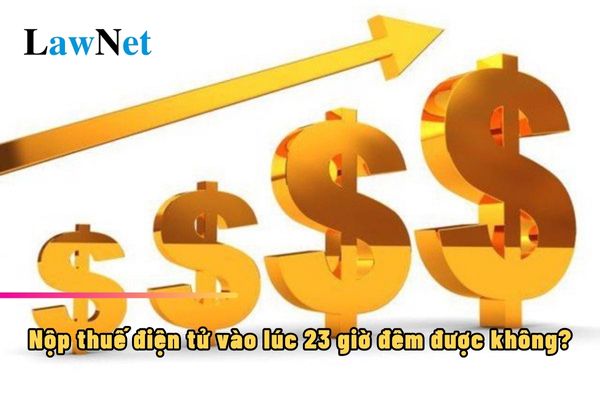
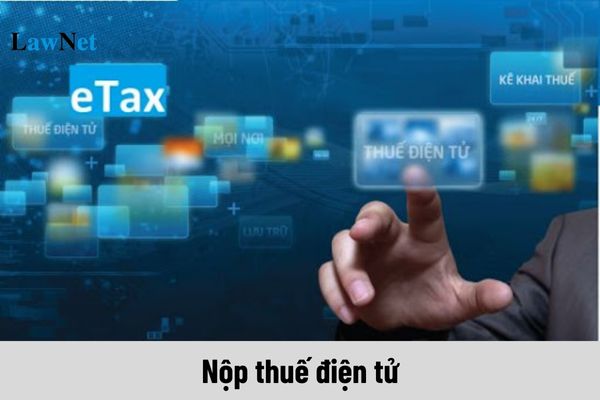
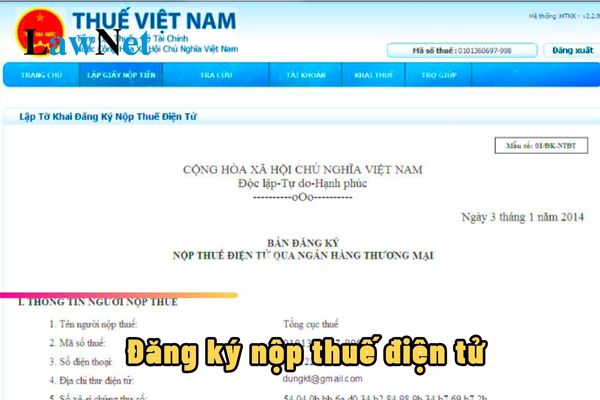
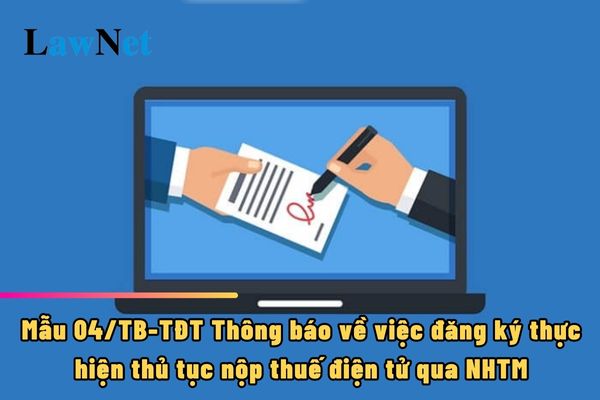
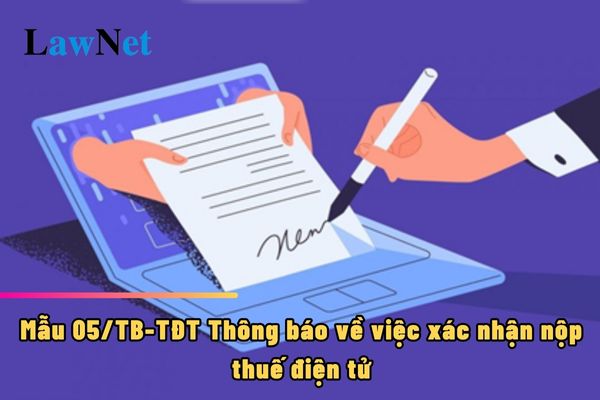
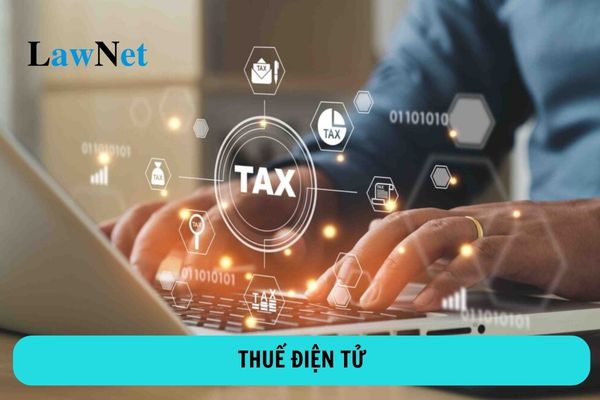
- How long is the duration of exemption from licensing fees for a new enterprise in Vietnam? What are cases of licensing fee exemption in Vietnam?
- What are cases where the input VAT must not be deducted in Vietnam? What are the conditions for VAT input deduction?
- What are cases where personal income late payment interest is charged in Vietnam?
- How long can a taxpayer delay submitting tax declaration dossiers before their information is published in Vietnam?
- What is the Form 01/CT-KTT for amendments to the information of tax accounting books in Vietnam?
- When is the deadline for submitting annual financial statements in Vietnam? How much is the penalty for late submission?
- Shall import-export duties be paid in foreign currency in Vietnam?
- What is the excise tax rate for beer in Vietnam in 2024?
- What is coefficient K for monitoring invoicing beyond a safety threshold in Vietnam? What is the formula for calculating coefficient K in Vietnam?
- What are cases where the input VAT must not be deducted in Vietnam?

